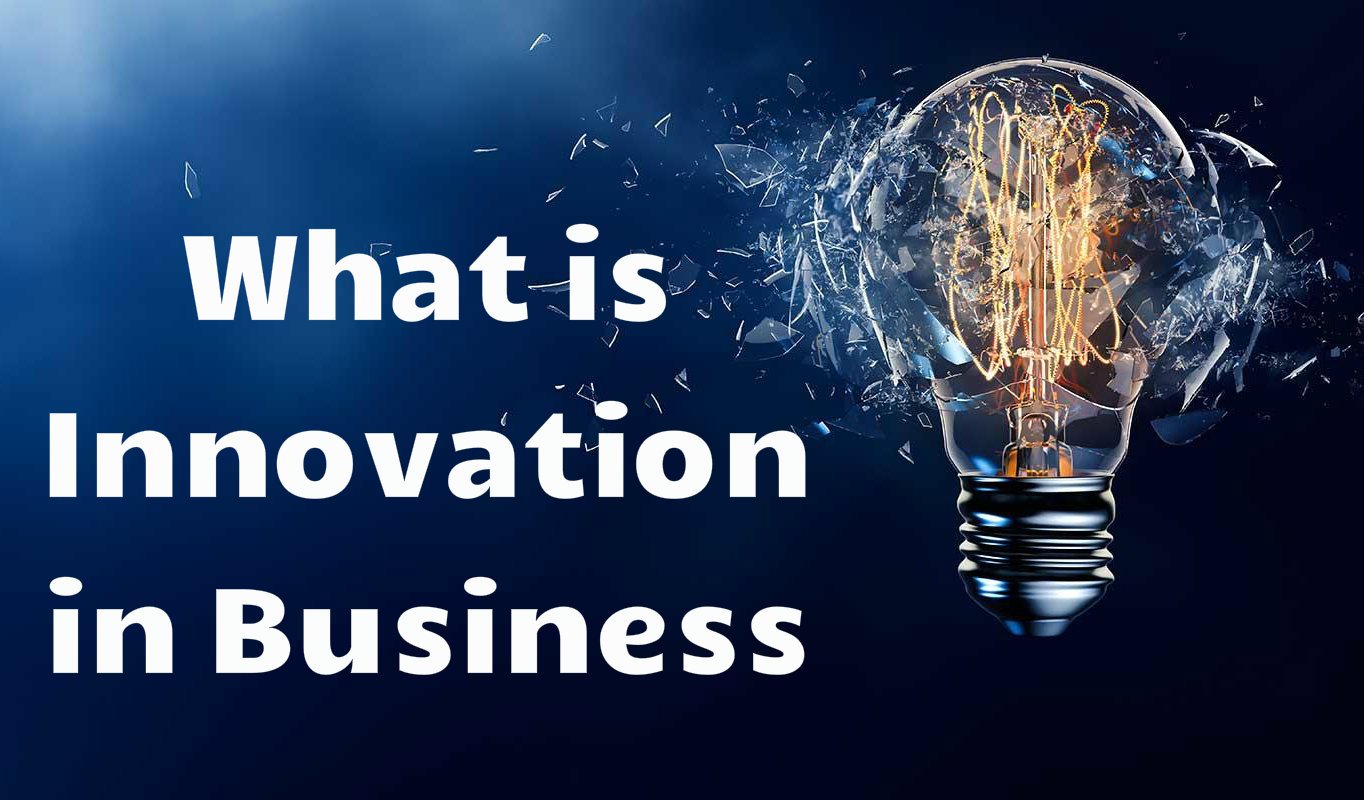In this article, we have explained about what is innovation? We suggest that to understand innovation completely, you must first read the previous article of Entrepreneurship.
What is innovation?

Innovation is an essential element in enterprise by creating new business activity, in generating growth and ensuring survival for an existing business.
Innovation is the process by which the opportunities that have been identified through individual and organizational creativity are exploited.
Innovation is best coordinated through an effectively managed process and we discuss how this can be used to achieve efficient control and continual improvement through learning good practice from the organization’s collective experiences.
Innovation is doing something new or something different. Entrepreneurs need out be inventors of new products or new methods of product or service, but may possess the ability of making use of the inventions for their enterprises.
Definition of innovation
Many economists have defined it with different elements.
Innovation unit, Department of trade and industry UK say that in 2004 “Innovation is the successful exploitation of new ideas.”
According to Drucker in 1995 “Innovation is the specific tools of entrepreneurs, the means by which they exploit change as an opportunity for a different business or service. It is capable of being presented as a discipline, capable of being learned, capable of being practiced.
Poeter Defined in 1990 “ Companies achieve competitive advantage through acts of innovation. They approach innovation in its broadcast sense including both new technologies and new ways of doing things.
Now we take a market based perspective of innovation that underpins entrepreneurship:
- Innovation is not essential. The popular misconception is that innovation is the same as invention but the common view of writers in the field is that innovation does not necessarily involve invention.
- It is not just about having ideas. May people have ideas but do not have the desire, the vision and or the know-how to be able to commercialize them.
- Every function of the organization can contribute to innovation by adding value for stakeholders
- Technology and non-technological developments are included.
- Both step change and incremental improvements are valuable in improving organizational performance.
Process of innovation
Over Many years a number of researchers have studied innovation performance and concluded that the most successful organizational have developed innovation processes in order to address a number of challenges:
- The need for market and technological scanning to obtain early information about new opportunities and developments.
- The high cost and the need of manage finance and other resources issues;
- The uncertainty and unpredictability of the outcomes in trying to do things differently or better.
- The need to get the time of the launch of the new product right;
- The need to coordinate the contributions of various departments (such as research and development, operations, marketing and finance.)
- The need to plan to allow staff the time away their day-today responsibilities and the scope to carry out developments.
The value of developing a process of innovation is that if it can be defined it can be used to overcome the commercial challenges by anticipating the potential problems, and managing and controlling the various contributions to the process.
The innovation models
An economist Booz, Allen and Hamilton are produced the best known model of new product development and this provides the basis for the evolution of the innovation process.
There are a number of key features of this model:
- It involves a systematic, linear process involving a number of stages, with decision points at each stage.
- Each stage is necessary to develop a set of operating principles and apply the appropriate tools and techniques for choosing the option to pursue.
- It is desirable to undertake the lower-cost activities such as carrying out the concept and business analysis that involve staff time only and not additional resources, very early in the process.
- Failures late in the innovation process can be very expensive.
- Delay the most expensive activities, such as prototyping a product until there is a strong likelihood of commercialization.
- The model separates technology push and market pull in order to ensure that the customer demand is defined separately form the technological analysis.
- It is necessary to break up the overall process into a series of clearly defined tasks so that the activities, roles and responsibilities in the process can be managed and controlled.
In last words, Incremental innovation covers all the small-scale improvements that occur on a daily basis throughout the organization. Innovation occurs not just because of technology changes but as a result of groundbreaking, creative ideas throughout the organization.
Read more :-
- The 4 important step of Value Analysis for innovation
- The 5 important step of Network analysis
- Create a Ideal Project report for innovation
Note :- If you have anything to say about this article of what is innovation or you need of what is innovation note, then you can comment or connect us,
For Contact with us you can like our Facebook page to and Subscribe to the Youtube channel.













